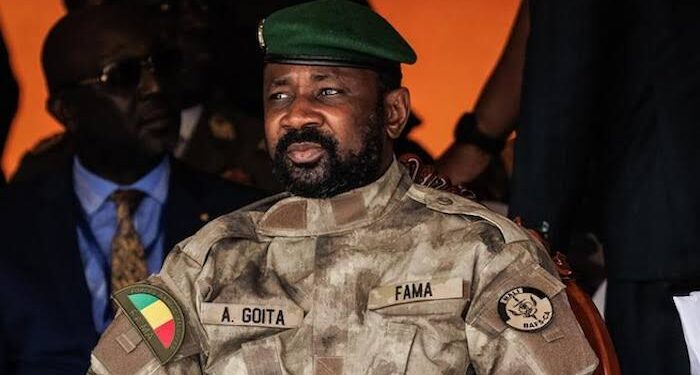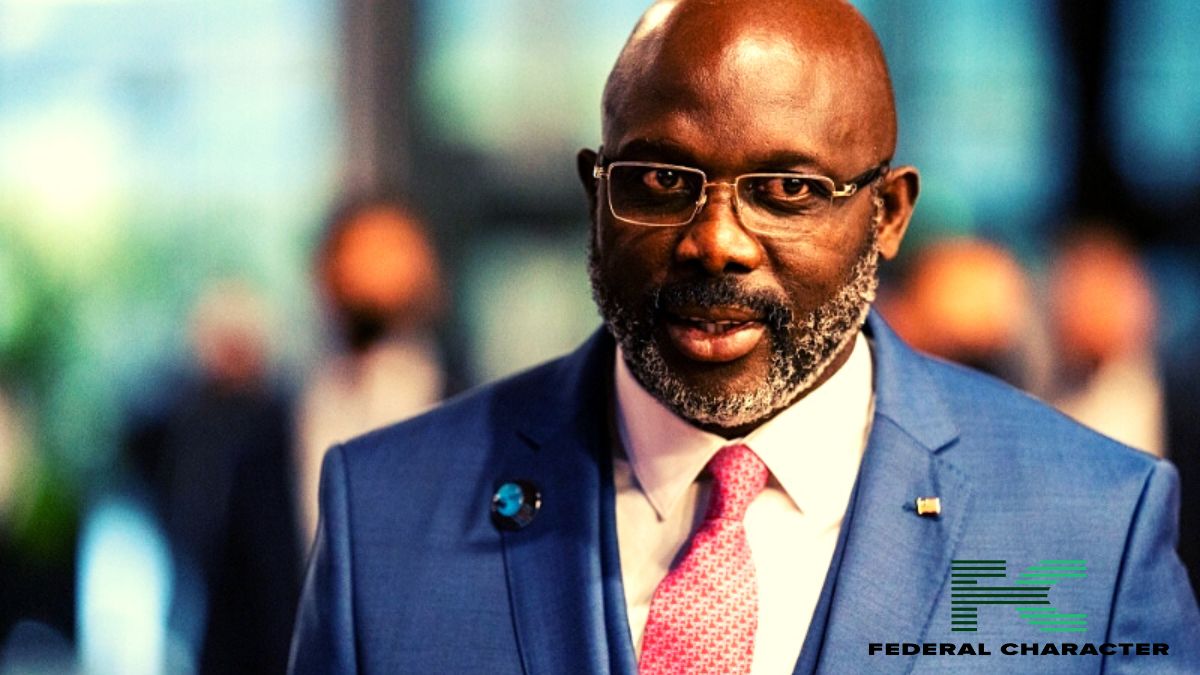In a surprising move, Mali’s transitional military government announced on Thursday the resumption of political party operations following a three-month suspension. This decision highlights a significant shift in the country’s political landscape, hinting at possible strides towards democratic governance.
Background
In April, the government, under the leadership of Interim President Assimi Goïta, suspended political party activities after failing to hold a presidential election scheduled for February. The administration also arrested key figures attempting to form a political party to promote democracy, citing rebellion against government authority. This led to agitation from a coalition of political parties and civil society organizations, which demanded democratic elections and threatened legal action against the administration.

The military government, which seized power through a coup d’état in 2021, postponed the February 2024 presidential election, citing technical reasons but without providing a new date, thereby creating uncertainty about the future political roadmap.
Shift in Alliances
Since the coup, Mali’s military government has distanced itself from European allies, particularly its former colonizer, France, and has increasingly relied on Russian mercenary groups for military support. This realignment has raised concerns among international observers about the country’s strategic direction and stability.
The government had also accused its French and US allies of dominance with minimal results. Seeking to reshape its international alliances and assert greater control over its domestic affairs, the administration exerted pressure for the removal of the United Nations stabilization mission in Mali (MINUSMA), leading to the mission’s planned termination in late 2023.
Bottom Line
The reinstatement of political party activities in Mali represents a potential shift towards democratization, albeit amidst a complex backdrop of delayed elections, changing international alliances, and internal political pressures. How this decision will impact Mali’s political future remains to be seen as the country navigates through its transitional phase.
















